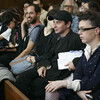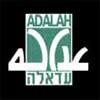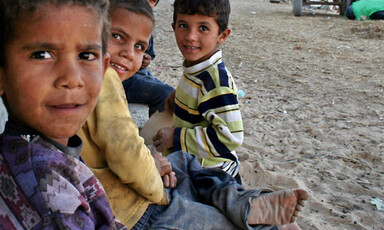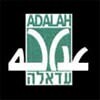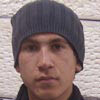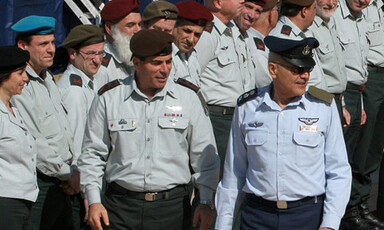
Texas Independence Day Protest over Jailed Palestinian Family
21 February 2007
There are different kinds of angry. Jay Johnson-Castro has tears in his eyes when he thinks about Suzi Hazahza at the immigration prison of Haskell, Texas. But he’s not going to cry without doing something, so next week, Johnson-Castro will walk sixty miles from Abilene to Haskell and hold a vigil for the release of Suzi Hazahza and “anyone else” being mistreated for their desire to be American. “I’m almost in tears trying to tell you how angry I feel,” says Johnson-Castro via cell phone as he drives home to Del Rio, Texas on Tuesday evening following three weeks of border protests. Read more about Texas Independence Day Protest over Jailed Palestinian Family

